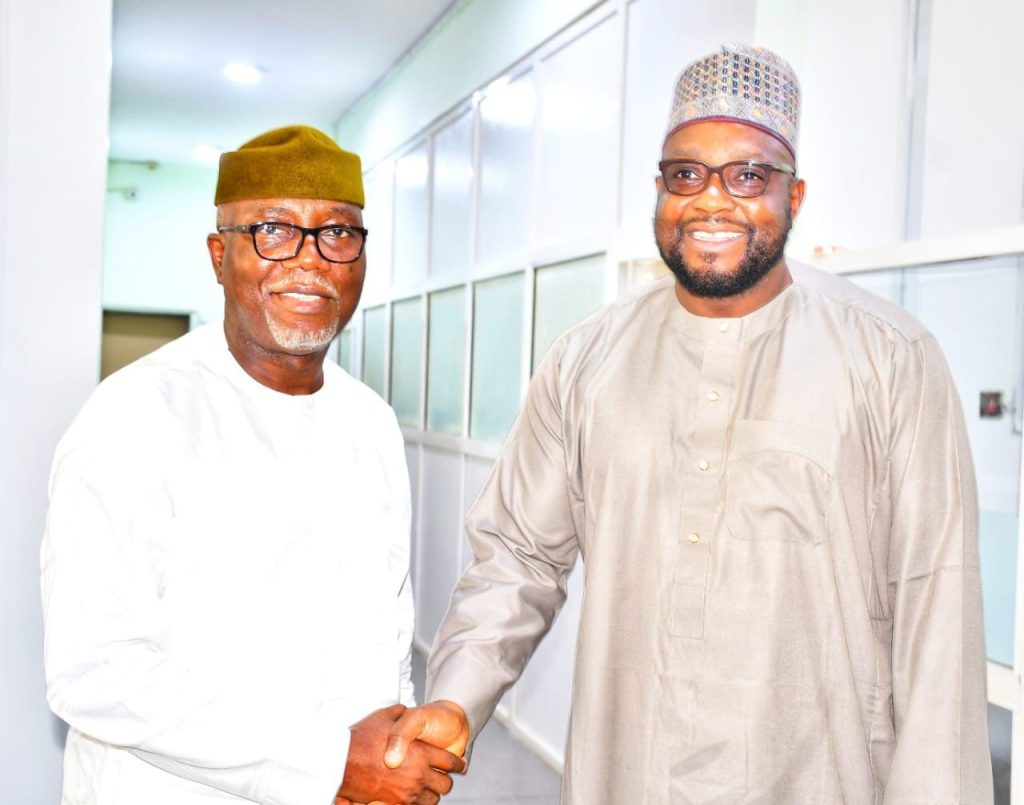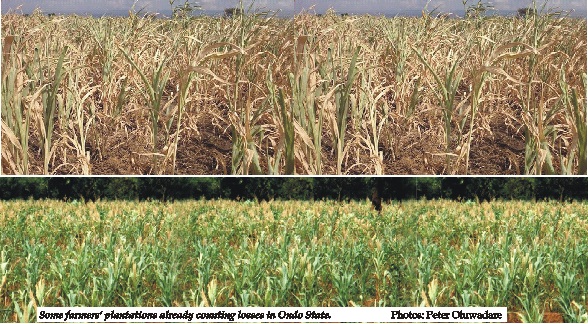Thieves of grassroots’ funds
By Bayo Fasunwon
|
President Muhammadu Buhari stirred the Hornet’s nest during the week by boldly declaring that State Governments have brazenly stolen funds meant for the local governments in Nigeria. In his opinion, the fiscal allocation to the local governments remain the constitutional right of the third tier of government, and should not in any way be touched, diverted or appropriated by any other tier of government. His swipe at the Governors for corrupt practices was also intended by the publication of the huge financial resources that had been allocated to the State Governments in the past years of administration.
From his pun, the poverty in the nation is more or less the misappropriation, misapplication, and diversion of funds by the Governors in Nigeria. You would also recall that the Finance Minister, in the height of the COVID 19 lockdown reeled out information about the huge sums of money given to the State, which residents had thought lies until the invasion of warehouses revealed that relief materials had been hoarded, and some diverted for personal use by people in the seat of power.
While NULGE had applauded the President’s bold declaration, many State Governors had quickly refuted the President’s (un)informed allegations. Many had insisted that accountability, fairness, and the rule of law had been strictly adhered to in the disbursement and usage of local government’s funds. But visits to some local governments have revealed that most State Governors only release the concurrent expenditure of local governments while other monies are kept in trust and ‘circulated’ amongst the local governments on the principles of need and derivation.
The banters between the Federal and State governments however are not a new thing, especially when it comes to the allocation and utilisation of funds. While the Federal Government seemingly believes that State Governors are fantastically corrupt, the latter is undoubtedly convinced that the Federal Government houses the cartel of corrupt power wielders. They also insist that the 1999 Constitution in its present state has robbed the States of what should have been their statutory revenues and had resisted all attempts to ensure that fiscal federalism is adopted and practiced in the nation. To the Governors therefore, the President’s ‘revelation’ was a mere attempt by the pot to call the kettle black.
Ironically, most State Governors often justify the ‘monitoring and control’ of local governments’ funds on their belief that the Local Government positions are occupied by people who are experts in corruption. It is believed that if they were given the full autonomy to run their affairs, then the ‘dividends of democracy’ would elude the people. However, the constitution gives the State House of Assembly, and not Governors, oversight functions over the local governments. However, in most cases, the State Houses of Assembly have become the extension of the executive arm of government rather than being an independent arm, hence putting the Local government in a dilemma. However, it is evident that local government personnel and ruling committees could be corrupt, just as the State, but the Federal Government had not infringed on financial rights of the second tier of government in most cases. Corruption at the local government level persists mostly because the democratic attributes of that tier of government is eroded. Many State Governors are much more at home with the installation of caretaker committees, rather than have duly elected leaders in the seat of power. Even when a caricature election takes place, it is skewed in favour of the ruling class, and mostly done close to the expiration of the tenure of the man in power. Given this scenario, and given the fact that he who pays the piper dictates the tunes, accountability to the people is replaced by obedience to the Governors, who installed the stooges. The absence of true democracy at the local level is therefore a precursor to endemic maladministration at the local level.
So, while Governors may not actually ‘steal’ the local government funds, they contrary to expectations of true federalism, ‘control’ the utilisation of such funds through dictates from the seat of power. Therefore, rather than capital projects being determined by the people and government at the grassroots, many projects are dictated from the centre. It is therefore common to see health centres, markets, schools and other ‘monumental’ projects instigated by the State governments lying fallow, and abandoned by the locals several years after inauguration. Many Governors believe that the locals are too shallow to know what they need, hence militarised imposition seems best, and that often times fail to meet the actual needs of the people. Even, most of the ‘local’ projects are given to contractors outside the local area, and sometimes States, which makes monitoring by the locals impossible. Apart from exacerbating poverty, commitment towards protecting such projects is lacking, since it was imposed.
While it may be true that Governors do not actually steal Local Government funds, the question arises as to whether they remit the statutory allocation from their State to the various local governments as at when due? What is observed is that in many local governments in Nigeria, the State often ‘colonise’ the local governments, and take over the functions of the collection of internally generated revenue at the local level. So revenues from tenement, land charges, licensing, market, and park taxes are often collected and repatriated to the State purse before paltry sums are sent back, if at all to the local governments. Therefore, is it strange, that local governments are demanding for autonomy?
Ordinarily, every local government is supposed to engage in healthy completion with others for the development of their local areas. They ought to identify areas that can be developed and exploited to boost their internally generated revenue and local development. They ought to make recommendations to the State and Federal Government on the presence of resources that could lead to national development. Furthermore, they ought to interact with the people to actually know their local needs, and develop a budget that could ensure the delivery of the needed services to the people. Researches for expansion ought to take place in each local government, which would eventually lead to the development of 50 years expansion and development plan for the locals. House numbering, street naming, construction of local roads, maintenance of drainages, cemeteries, provision of street lights and many other functions which are statutorily local governments have been abandoned due to lack of funds. If Local Governments have added unrestricted access to their funds, and have been subjected to the monitors by the State Houses of Assembly and the people, surely, the state of development at the grassroots would have improved. Contrary to what the President had said, many are of the opinion that Governors spend local government funds, and misappropriate. But, that in itself remains an unsubstantiated perception, which only the Governors can validate or refute.
However, the Federal Government’s swipe at the twilight of this administration is diversionary, inept, and pedestrian. One wonders why the much-concerned President had kept mute over these years. The present government is known for throwing blames rather than fixing problems. Hitherto, the PDP government was responsible for its lackluster performance; and now the Governors are architects of national poverty. In my opinion, the present government in power should own up to the fact that it was weak in governance.









